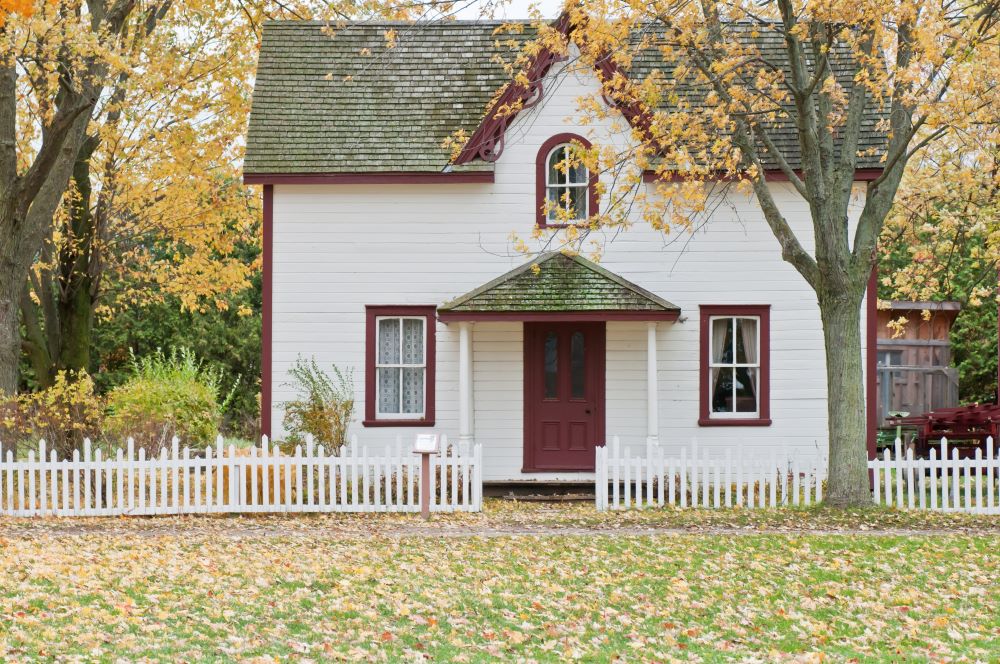
Understanding Homeowners and Renters Insurance and When You Might Need Them
Whether you own or rent your home, financially securing it should be a top priority. Houses, apartments, condominiums and other residential arrangements can all provide essential safety, security and stability in our daily lives. However, homeowners and renters insurance can be complicated and nuanced subjects, meaning that you must fully understand your circumstances and coverage options before assuming you’re adequately protected.
What Is Homeowners Insurance and What Does it Cover?
As its name suggests, homeowners insurance may financially safeguard you and a home that you own from various risks and perils. Although these policies’ exact capabilities and limitations may vary, they typically can help pay for losses involving the structural elements of your home, detached structures on your property (e.g., garages and sheds) and your personal possessions. Homeowners insurance may also include coverage for personal liability and temporary living expenses should a covered incident force you to vacate the premises temporarily.
What Is Renters Insurance and What Does it Cover?
Renters insurance is advisable if you rent your home, whether it be an apartment, house or other arrangement. Like homeowners insurance, these policies may often be customized to suit your unique circumstances. Coverage can typically be extended to include the contents of your home, including furniture, electronics and clothing, and your policy may also include financial protections for personal liability and loss of use.
What Are the Primary Differences Between Homeowners and Renters Insurance?
While homeowners and renters insurance policies may include many similar features, there are also several key differences. One of the most apparent differences is that homeowners insurance covers the structure of your residence, including its roof, walls, foundations, plumbing, and electrical systems. Conversely, renters insurance does not include such coverage, as landlords and property owners are typically responsible for maintaining structures. Due in part to this difference, renters insurance is generally less expensive than homeowners and may often include lower coverage limits.
When Would You Need Both Homeowners and Renters Insurance?
Most people will not be in circumstances that require both homeowners and renters insurance, as the former can provide comprehensive coverage if you own your home, while the latter is appropriate when renting your residence.
Still, there may be situations where you should have separate homeowners and renters insurance policies. For example, if you have multiple homes, such as a house you own and an apartment that you use regularly for travel or provide for a dependent, acquiring and maintaining both types of coverage may be prudent.
Get the Right Coverage
At The Florida Insurance Group, we have over 20 years of experience serving the coverage needs of homeowners, renters, families and businesses. Our dedicated staff will draw on its extensive knowledge and resources to assess your circumstances and procure optimal policies. Contact us today to get started.
This blog is intended for informational and educational use only. It is not exhaustive and should not be construed as legal advice. Please contact your insurance professional for further information.
Categories: Homeowners Insurance, Renters Insurance
